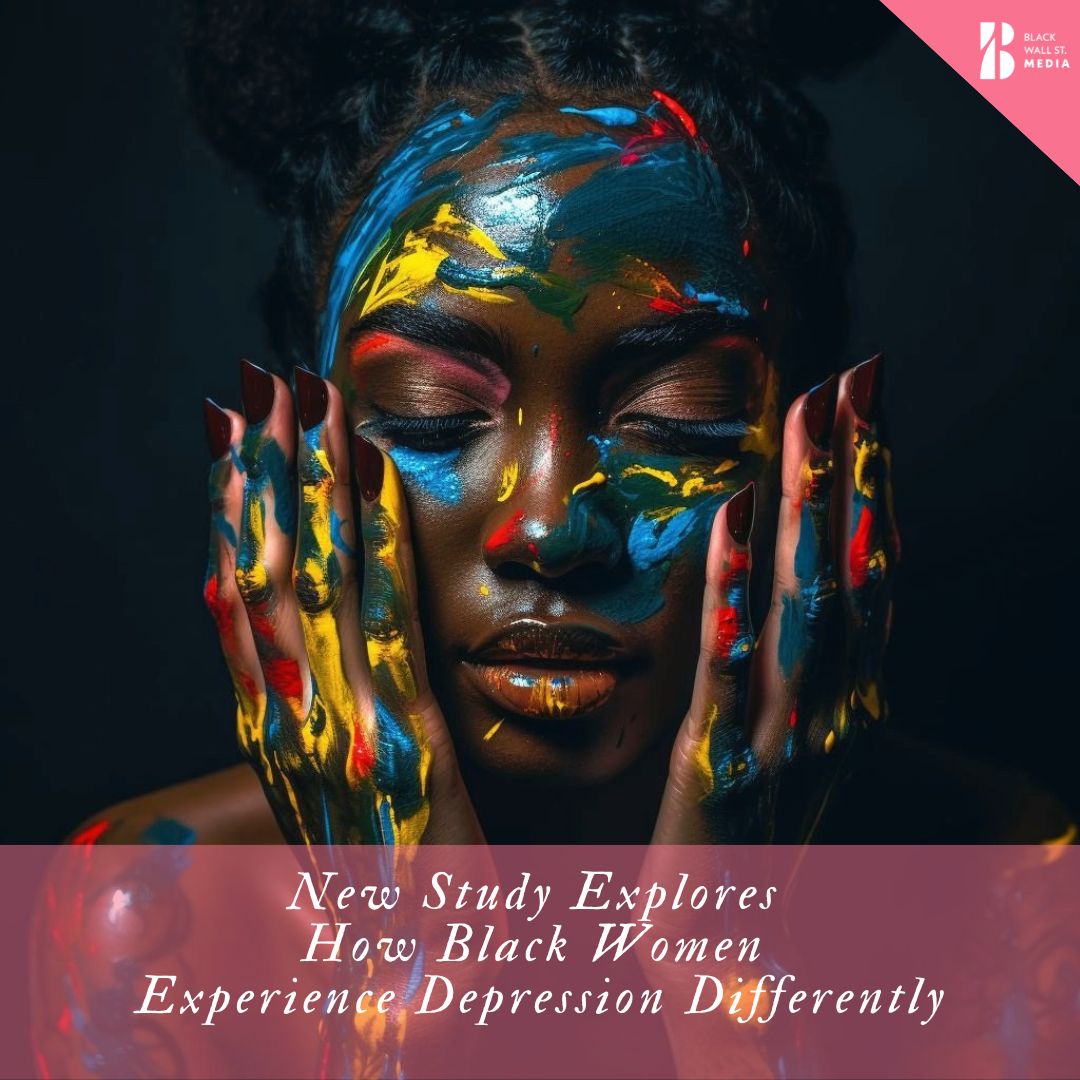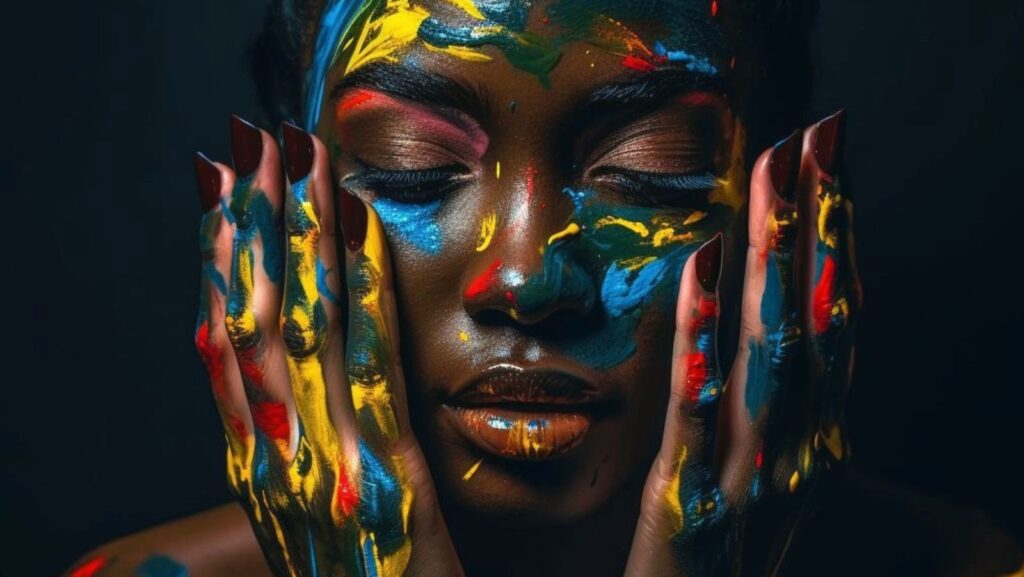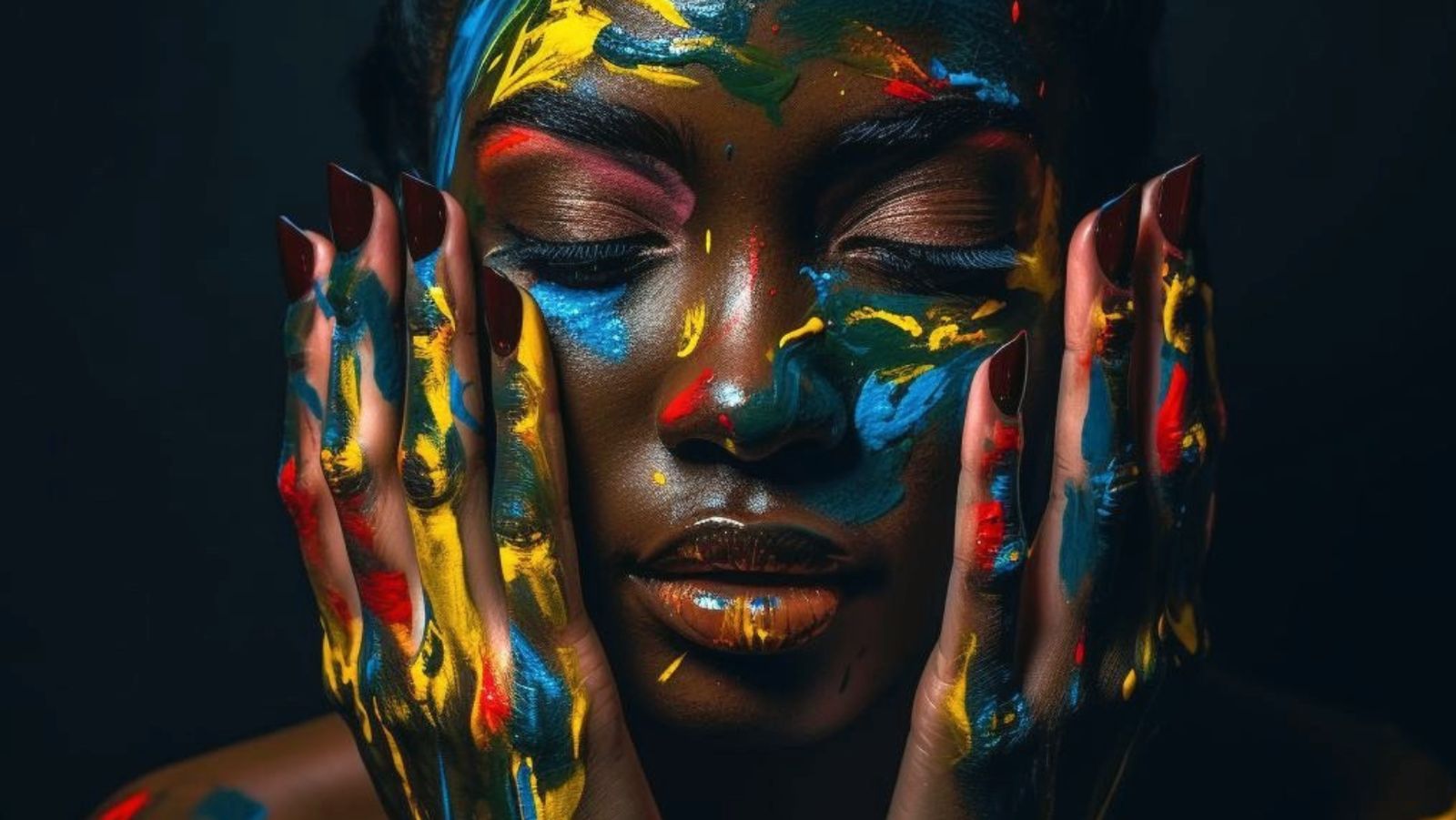HEALTH
How Black Women Experience Depression Differently
“Unveiling disparities in how depression affects Black women: a recent study highlights overlooked symptoms. Beyond the conventional, they may experience self-criticism, sleep disturbances, and irritability. Let's foster awareness, challenge stereotypes, and ensure tailored mental health support.”
Black Wall St. MediaContributor

How Depression Manifests Differently in Black Women
A recent study published in the Nursing Research journal has shed light on the often overlooked and undertreated symptoms of depression in Black women.
The study, centered around 227 African American women, aimed to explore the various depressive symptom phenotypes within this demographic.

Manifestation of Depression in Black Women:
Unlike the more widely recognized symptoms, the research revealed that Black women may experience higher levels of self-criticism, sleep disturbances, and irritability.
Lauren Carson, founder of the mental health nonprofit Black Girls Smile, affirmed these findings, stating that Black women often manifest stress, anxiety, or trauma in their bodies, resulting in psychosomatic symptoms.
The study further highlighted that Black women dealing with depression or anxiety tend to experience migraines, gastrointestinal problems, and muscle tension at higher rates than other demographics.
Carson emphasized the challenge of diagnosing mental health issues within marginalized demographic groups, as the conventional symptoms may not always align with their experiences.
Underdiagnosis and Undertreatment:
Dr. Nicole Perez, the lead author of the study, expressed concern that healthcare providers might overlook depression symptoms in Black women, leading to underdiagnosis and undertreatment.
Recognizing the need for a broader understanding of how depression can manifest differently, Perez urged increased awareness and more research focused on historically understudied populations.
The study delved into societal expectations and stereotypes surrounding Black women, particularly the notion of being “strong and resilient.”
It suggested that these expectations could contribute to depression manifesting as self-criticism and people-pleasing behaviors.
Meghan Watson, founder of the Bloom Psychology & Wellness center, emphasized the emotional challenges Black women face in expressing traditional symptoms of depression due to societal perceptions.
Call to Action:
In light of these findings, the study emphasized the importance of fostering a broader dialogue on the varied manifestations of depression.
Acknowledging the impact of societal expectations on mental health, there is a call for increased awareness, research, and tailored approaches to ensure accurate identification of symptoms and reduce health disparities among minority populations.
Understanding the diverse ways in which depression presents itself in Black women is crucial for improving mental health diagnosis and treatment.
 By challenging stereotypes and fostering a more inclusive dialogue, there is hope for a future where healthcare providers can better identify and address the unique experiences of depression within historically understudied and minoritized populations.
By challenging stereotypes and fostering a more inclusive dialogue, there is hope for a future where healthcare providers can better identify and address the unique experiences of depression within historically understudied and minoritized populations.
Black Wall St. MediaContributor









